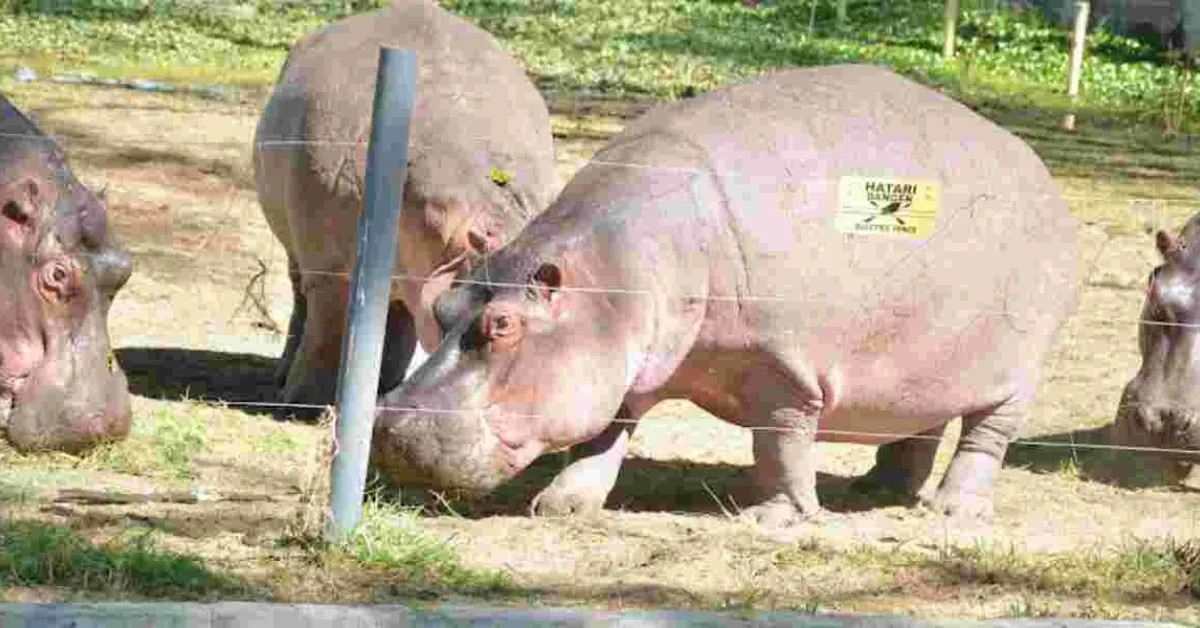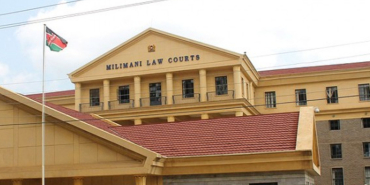Flower Farm Workers Killed by Hippos in Lake Naivasha

Lake Naivasha has become a hotspot for a growing human-wildlife conflict.
Hippopotamuses, the resident giants typically content with grazing, are now responsible for a surge in attacks on local communities. The increase in attacks calls for the safety of people while preserving the ecological balance. The reality is etched in the records of Naivasha Sub-County Hospital. Since the start of 2024, at least ten lives have been tragically claimed by hippo attacks. Just this week, two flower farm workers were fatally attacked while fishing near the lake's edge.
These incidents, confirmed by Naivasha Subcounty Police Commander Stephen Kirui, highlight the urgency of the situation. Several factors contribute to this concerning trend. Illegal fishing, a practice where individuals venture precariously close to the water's edge, puts these "foot-fishermen" directly in the path of grazing hippos. Additionally, the lake's estimated hippo population of 500, considered ideal for the ecosystem, faces a shrinking habitat. Human encroachment on riparian zones disrupts wildlife corridors forcing displaced hippos to venture closer to populated areas for sustenance.
The impact of these encounters is not limited to fatalities as a staggering 80% of survivors endure permanent injuries often suffering debilitating bite wounds leading to limb loss. These physical scars are a constant reminder of a brutal encounter, leaving lasting challenges for those who manage to walk away. Efforts to curb illegal fishing have seen the deployment of the Coast Guard Service, an elite unit patrolling the lake. While their presence has resulted in a decline in unauthorized fishing activities, accusations of heavy-handed tactics add another layer of complexity to the situation.














Add new comment